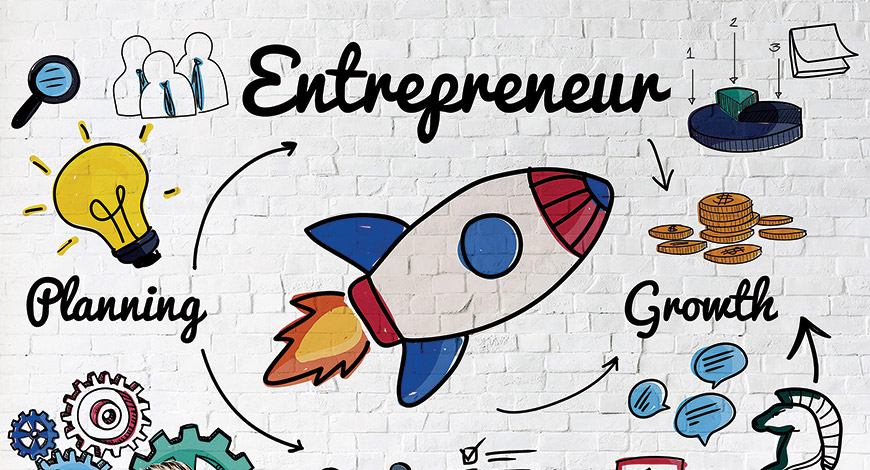Shark Tank’s Mark Cuban Identifies ‘Inventor-itis’ as One of the Most Harmful Traits Among Entrepreneurs

Stay Away from ‘Inventor-itis’: Traits Entrepreneurs Should Avoid ( Photo: Entrepreneur)
‘Inventor-itis’ – Prioritizing New Ideas Over Business Sustainability
According to the article published by Looper, in Season 14, Episode 5, entrepreneur Amy Leinbach introduces the Sharks to her joint venture with her daughter, named Big Bee, Little Bee. The centerpiece is a honeycomb-shaped marker holder, just one of the diverse home products they offer. As Leinbach presents her ideas, Cuban initially commends her efforts but soon identifies the presence of “inventor-itis,” a trait he deems as one of the most unfavorable for an entrepreneur to possess.
“An essential quality in successful entrepreneurs is resilience, and you’ve certainly demonstrated it. However, there’s also a case of ‘inventor-itis’ in you, which is considered one of the most unfavorable traits an entrepreneur can possess. Your recent loss of $77,000 underscores the need to address immediate challenges before pursuing new endeavors,” Cuban remarks as he opts not to invest in the company.
In this context, Cuban refers to Leinbach’s shift to a new product without ensuring the profitability of existing ones, effectively defining ‘inventor-itis’ as the inclination to prioritize novelty over business stability.
READ ALSO: Exploring Student Loan Forgiveness Debt Relief Beyond Biden/Harris Initiatives: Navigating Solutions
Mark Cuban Emphasizes Self-Sufficiency as the Heart of Entrepreneurship
According to an article from Lisd, Mark Cuban labeled “inventor-itis” as a detrimental quality for business owners during his time on “Shark Tank.” Conversely, he also unveiled a key element he believes is crucial for thriving entrepreneurship while speaking at Lewisville High School in Lewisville, Texas.
“When you’re young and starting a business, the real magic lies in pursuing ventures that you can personally handle,” he shared. “Engage in activities that seamlessly align with your abilities and time. If you’re dealing with a product, opt for something easily attainable and marketable by you. This vital insight boils down to an elegant truth: the true brilliance of a business comes from your capacity to manage and drive it yourself. This encapsulates the very essence of being an entrepreneur.”
This perspective aligns perfectly with his observation on “inventor-itis,” as embarking on creating new products without considering their profitability can swiftly wrest control of a business from its owner. Entrepreneurship entails more than just evading the trap of “inventor-itis” and embracing a hands-on approach, but these notions remain pivotal takeaways from one of the most distinguished figures in the business world.
READ ALSO: Raging Wildfire In Maui Hawaii Leaves Historic Lahaina Town Dealing With Extensive Damage And Tragic Losses









